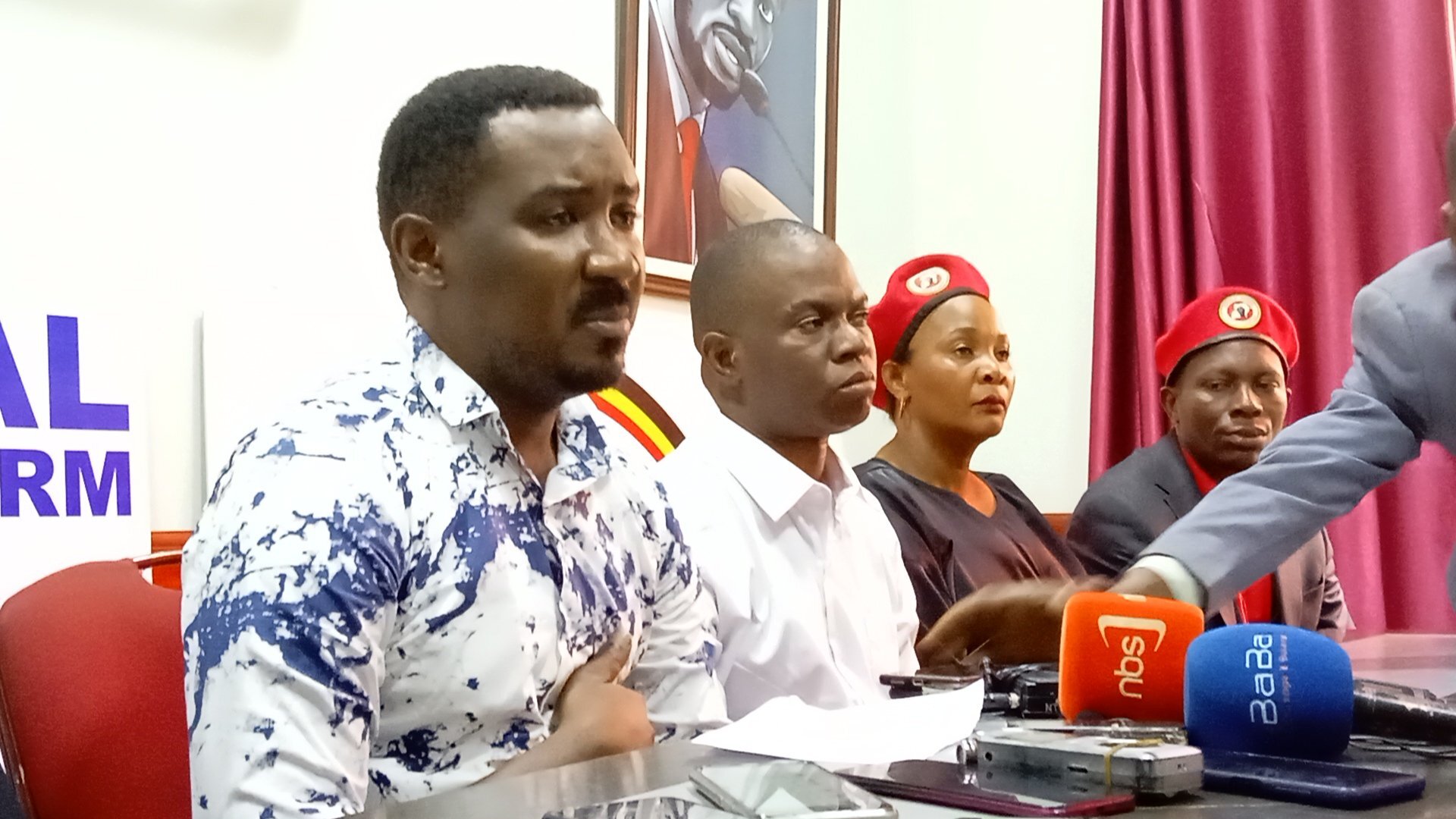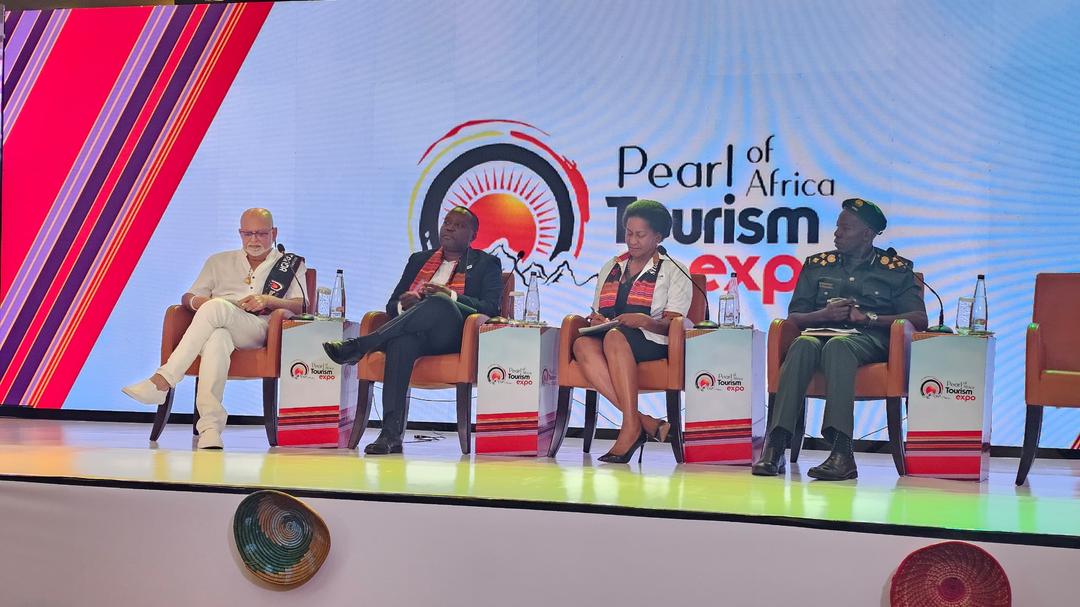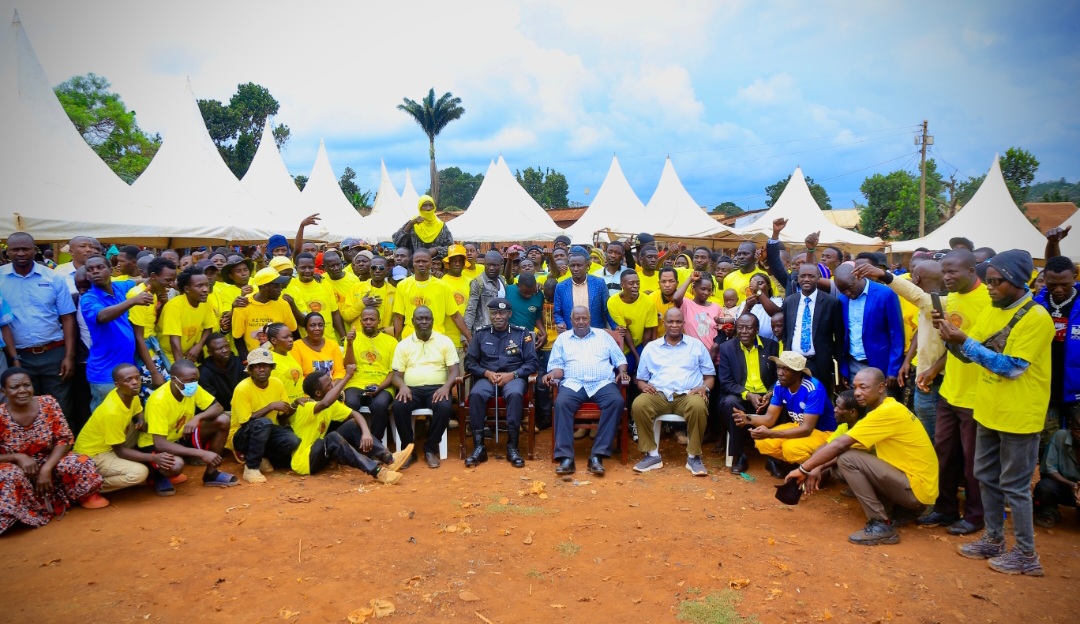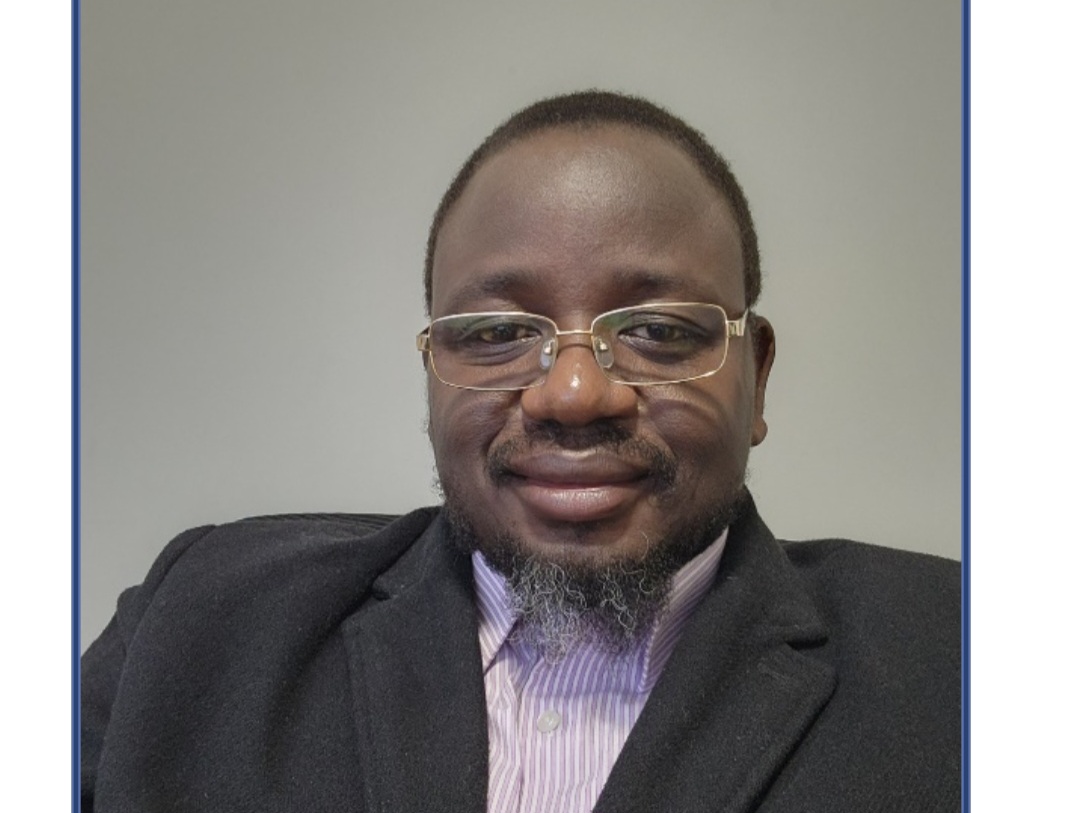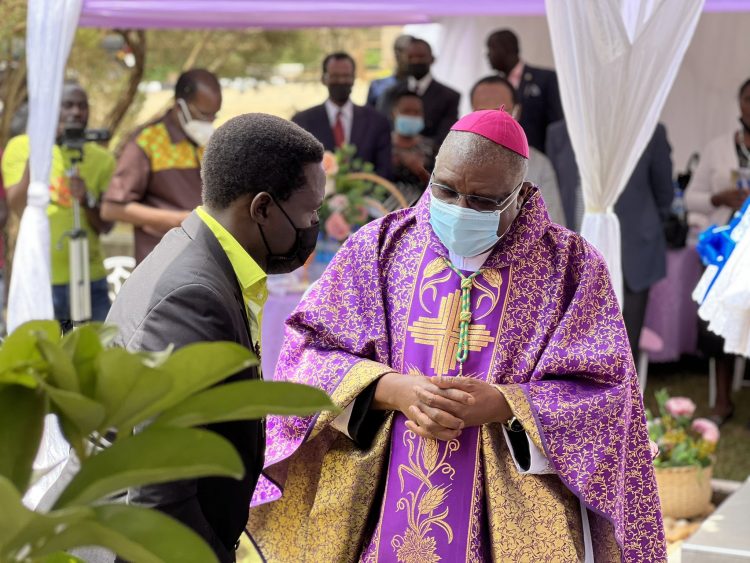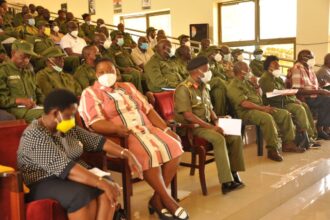The Constitutional Court has dismissed a high-profile petition filed by Hon. Allan Ssewanyana Aloysius, a legislator from Makindye West, in which he challenged his prolonged detention, multiple criminal charges, and re-arrest after being granted bail.
The case, rooted in the infamous Masaka killings of 2021, raised serious constitutional questions about the rights of accused persons, the role of the Director of Public Prosecutions (DPP), and the limits of state power.
The petition, originally filed jointly with Hon. Muhammad Ssegirinya (Kawempe North MP), proceeded with Ssewanyana as the sole petitioner following Ssegirinya’s death in May 2025. Through his lawyers, Ssewanyana argued that his constitutional rights, particularly the right to liberty, a speedy trial, and a fair hearing, had been grossly violated.
Central to Ssewanyana’s petition were several grievances: Splitting of charges, where he contended that the DPP unconstitutionally initiated multiple cases based on the same facts, including Criminal Case No. MSK AA 0258 of 2021 in Masaka and Criminal Case No. 004 of 2022 before the International Crimes Division.
Prolonged detention, the legislator argued that his over 500 days on remand without trial, violating Articles 20, 23, 28, 44, and 120 of the Constitution, amounting to degrading treatment and curtailing his ability to perform parliamentary duties.
Re-arrest after bail, he recounted being rearrested by armed men outside Kigo Prison in September 2021, shortly after being granted bail, describing the ordeal as unconstitutional and degrading.
The petitioner also challenged Rules 19, 22, and 36 of the Judicature (High Court) (International Crimes Division) Rules, 2016, which permit partial or delayed disclosure of evidence. His lawyers argued that the denial of full disclosure, including witness identities, infringed on his right to adequately prepare a defense.
Ssewanyana sought wide-ranging declarations, including the termination of all pending proceedings against him, a permanent injunction restraining the DPP from splitting charges, and damages for psychological torture.
The Attorney General, represented by State Attorneys from the DPP’s office, opposed the petition. They argued that the issues raised were not matters of constitutional interpretation but rather enforcement of rights, which fell outside the jurisdiction of the Constitutional Court.
The State defended the impugned Rules of the International Crimes Division, asserting that they strike a necessary balance between an accused person’s right to disclosure and the protection of witnesses, victims, and ongoing investigations.
However, in a unanimous decision authored by Justice Ketrah Kitariisibwa Katunguka and concurred by Justices Irene Mulyagonja, John Mike Musisi, Jesse Byaruhanga Rugyema, and Esta Nambayo, the Court dismissed the petition.
The judges emphasized that the Constitutional Court’s jurisdiction under Article 137 is limited to interpreting the Constitution, not enforcing rights. They noted that many of the issues raised, including disclosure and re-arrest after bail, had already been settled in earlier landmark cases such as Soon Yeon Kong Kim v. Attorney General and Dr. Kizza Besigye v. Attorney General.
Justice Katunguka ruled that since the questions of disclosure and fair trial had been previously addressed, this petition was effectively barred by res judicata. Consequently, the grievances could only be pursued in other competent courts with enforcement jurisdiction, not in the Constitutional Court.
The Court ultimately held that Ssewanyana’s petition did not raise any fresh constitutional question for interpretation. It was therefore dismissed, with each party ordered to bear their own costs, partly because the MP is still facing trial in the substantive criminal cases.
Do you have a story in your community or an opinion to share with us: Email us at Submit an Article



